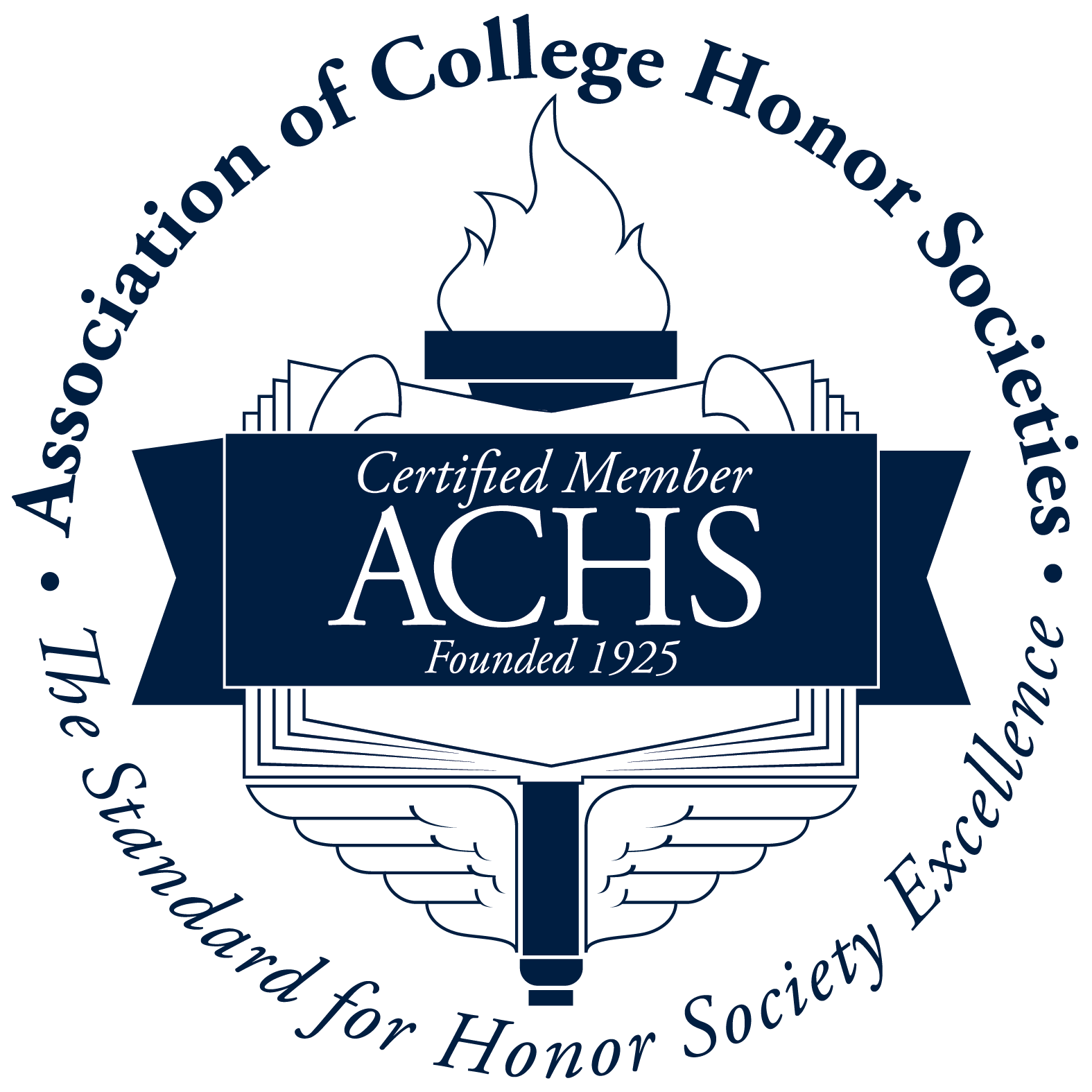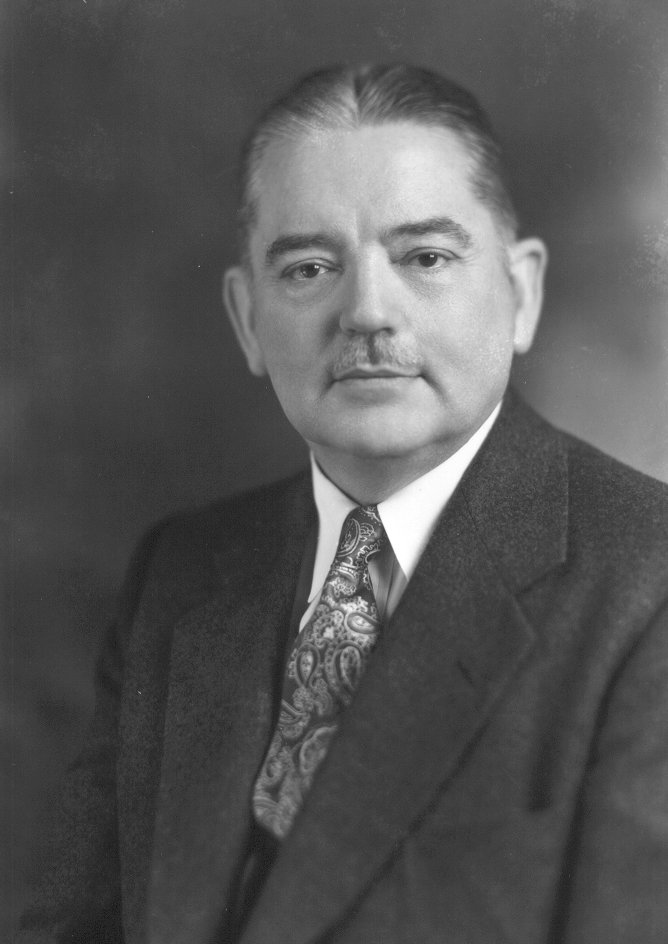History
One of the oldest members of the Association of College Honor Societies, KTA is the only such society in journalism and mass communication recognized by ACHS.

Kappa Tau Alpha celebrated its 100th anniversary March 10, 2010. The Society was founded at the University of Missouri two years after the first school of journalism in the world opened its doors there. KTA was dedicated, then as now, to the encouragement and recognition of outstanding scholarship.
The expansion of Kappa Tau Alpha and the development of journalism/mass communication education have moved ahead hand-in-hand. Today, Kappa Tau Alpha chapters are located at 100 colleges and universities and the society continues to play an important role in fostering scholarship.
Shortly after the Missouri School of Journalism’s first year, faculty members led by Dean Walter Williams sought a method to recognize the work of outstanding students. The first meeting of Kappa Tau Alpha was held on March 10, 1910. Minutes indicate that grades were to be the only prerequisite for admission.

Inactive during World War I, KTA remained a local society until 1925 when a second chapter, at the University of Illinois, was established under the leadership of journalism director Lawrence W. Murphy, who later became the first national president.
Professor Murphy led the nationalization drive, seeking interest from other educators at the December 1930 meeting in Boston of the American Association of Teachers of Journalism, forerunner to the Association for Education in Journalism and Mass Communication (AEJMC). A nationalization luncheon followed on December 29. Murphy was elected president and served until 1935 when J.L. O’Sullivan of Marquette University succeeded him. Frank L. Martin of Missouri followed him in 1936. Frank Luther Mott, then head of journalism at the University of Iowa, served 1937-1939.
Mott later moved to Missouri as dean and directed KTA until 1962, when William H. Taft took over as executive director.
The historic Boston meeting resulted in additional chapters being established at West Virginia, Marquette, Ohio, Michigan and Southern Methodist. Colorado, Arkansas, Iowa and Ohio State followed soon thereafter.
Membership increased slowly until the 1950s when 11 chapters were added. Another 11 joined in the next decade. Rapid growth occurred during the 70s and 80s with each decade producing 22 new chapters.
The relative slowness in KTA’s expansion is understandable if one considers the climate of the Twenties. Journalism education was in its pioneering era; the leader’s energies were devoted more to establishing programs than with the starting of honor societies. On the occasion of Kappa Tau Alpha’s 50th birthday, James Markham wrote: “until a generation of scholars had grown up within the ranks of journalism educators, the need and opportunity for an honorary scholarship society was not adequately recognized. Professional groups, such as Sigma Delta Chi, received more attention.”
In a Feb. 1, 1933 sketch about KTA in The Flat Hat, a tabloid about journalism program activities at the University of Illinois, it was noted that: “At the time of its [KTA’s] establishment, other fraternities in the field of the press were activity societies closely aligned with the student publications of universities and colleges. Sigma Delta Chi, Theta Sigma Phi, Pi Delta Epsilon … were building their programs around the work on various publications. They existed to interest or reward students who did well in their work on publications.”
KTA’s relationship with Phi Beta Kappa was noted, too: “Dissatisfaction with Phi Beta Kappa existed in some schools because the journalism students with high grades in professional courses were frequently neglected because of prejudice against vocational or ‘new’ subjects in the curriculum.”

Foreshadowing today’s journalism/mass communication enrollments, Kappa Tau Alpha was ahead of its time in recognizing women. Elizabeth Agee, member #19, was initiated in KTA’s second year of existence, but apparently never graduated. Mary Paxton Keeley, the first woman to receive a degree in journalism, is member #81.
In 1972, William H. Taft succeeded Mott as executive director and oversaw the Society’s expansion from 31 chapters to 90 before he retired in 1991. Keith P. Sanders followed Taft and served until 2017. Beverly J. Horvit took over after Sanders and is the current executive director.
In 2000, chapter advisers selected the most significant leaders in the Society’s 90-year history. Lawrence Murphy, Frank Luther Mott, William H. Taft, Keith Sanders, and W. David Sloan were selected.
Efforts related to diversity, equity and inclusion
In August 2022, the National Council voted to adopt the following resolution: “The Kappa Tau Alpha Society joins our peers in the Association of College Honor Societies in standing in solidarity against systemic racism and in promoting inclusion among all member chapters. We support organizations that represent inclusivity and equity for all. The Kappa Tau Alpha Society also will encourage the diversification of its own membership and work to improve access to historically under-represented and first-generation college students.”
